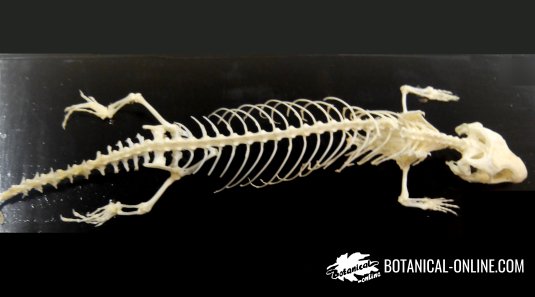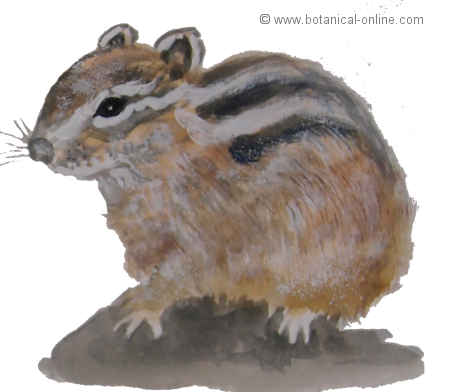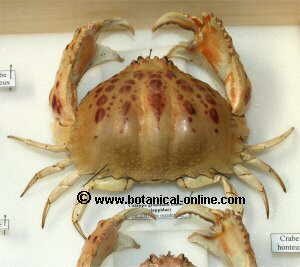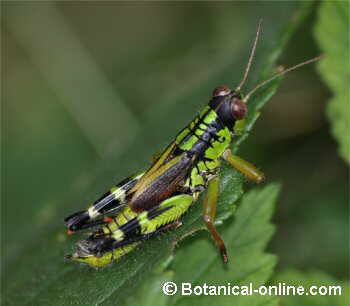Contents [show]
What are intestinal worms?
Intestinal worms are parasitic organisms capable of living inside the human body. In addition to personal discomfort, they may cause more or less serious damage to the health of the person who owns them (host).
Intestinal worms are a minor problem in developed countries because they are easily eradicated with a proper treatment.
In developing countries, the highest presence of intestinal parasites, along with poor nutrition and lack of sanitation, involves a chronic problem leading to a wide infection with leads to many health problems, such as weakness, especially in children who constitute the most affected population.
Types of intestinal worms
There are many organisms which can parasitize man, settling in the intestine or other parts of the body. Among the main intestinal parasites (helminths), we can mention the following:
- Nemadodes or roundworms. They are “intestinal worms “commonly called pinworms, threadworms or seat worms
- Cestodes or ribbon worms. To this group belongs the tapeworm.
- Trematoda: These are flat worms that live primarily in parts of Asia.
Symptoms of intestinal worms
The main symptoms of possessing “intestinal worms” are:
- Itching
- Anemia
- Diarrhea
- Upset outside the anus
- Lack of growth
Causes of intestinal worms
The main causes of contagion are:
- Ingestion of contaminated food or water
- Contact with the larvae that can penetrate through the skin.
- Ingestion of eggs or larvae.
Diagnosis and treatment of intestinal worms
In front of the possible existence of parasites in one’s body, it is desirable a visit to the doctor who can accurately diagnose whether one’s body is infested.
The doctor will prescribe the most appropriate treatment that patients should follow. This treatment should be done by all family members and relatives or people who regularly interact with the host.
![]() More information about different types of intestinal worms and its natural treatment.
More information about different types of intestinal worms and its natural treatment.








